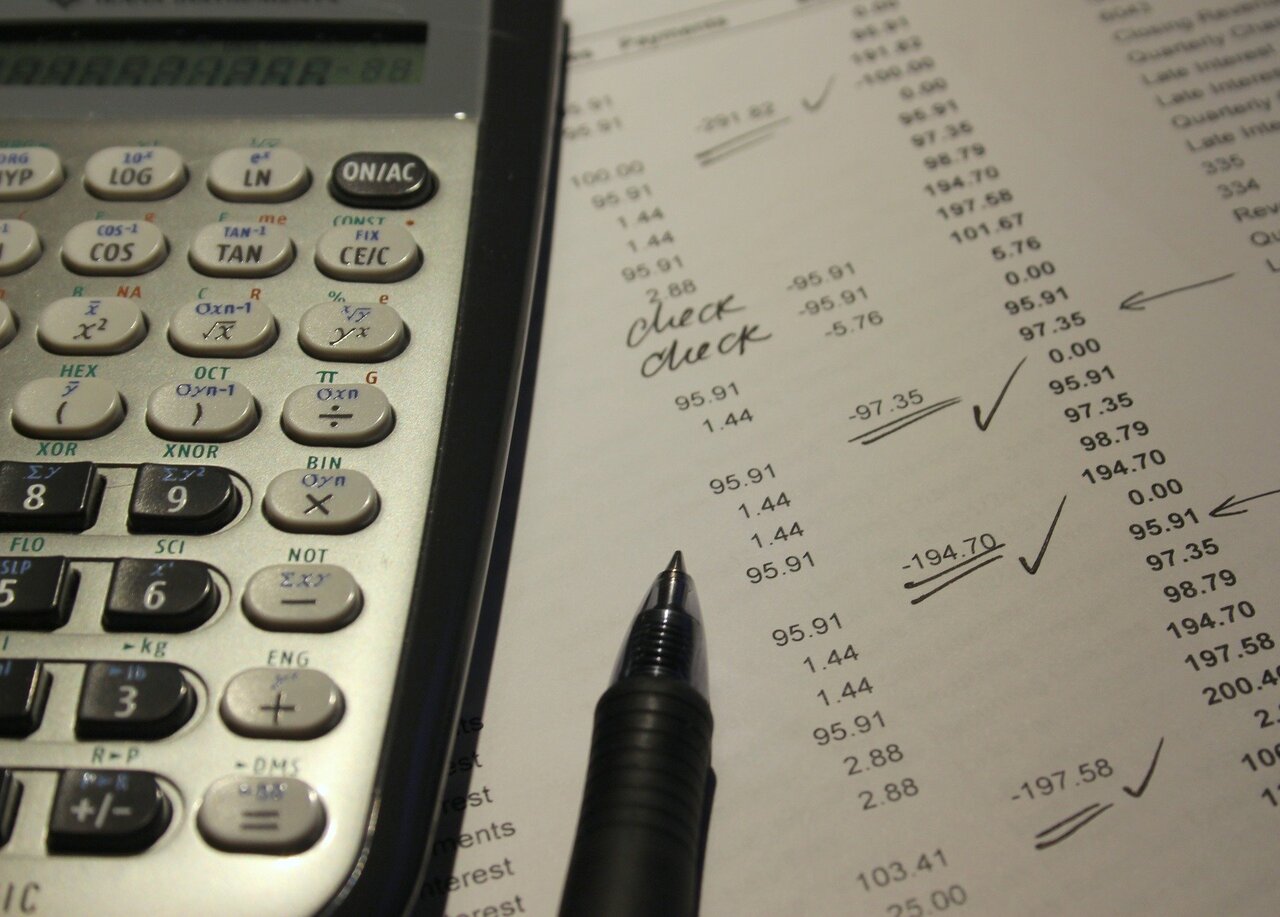Tax Refund – What You Should Do Before You Check Your Account
You recently finished your tax return and now it’s time to check your account. Big deal. You need to check your account to see how you did. Whether you want to know how you did at tax time or just want to see how the refund was, checking your account will give you an immediate goal to work toward.
One myth that many taxpayers do not know about their refunds is that the total is shrinking fast. If you check your account and find an excess, it is not just fake money in your pocket. Many taxpayers assume that the money is being magically deducted from their account and they are missing out on a big refund. If this happens, you are losing your refund forever. The only getting your money back is by filing for a tax refund extension.
Are you gaining or losing on your refund? Check your bank. If the total is growing, you are gaining. If you check your account and find $900 (or less) in your account, you are losing.
Does everyone who checks your checking account hate you? The tax preparers and the bank staff do not hate you. It is all a numbers game. The more you know about numbers, the better your position in negotiating your account. The most aggressive of these aggressive accountants work with the least Switzerland hiding money. The slow ones will hide the most. If you held onto too many banks and account numbers and relative balances, you have more asking to be paid.
Knowledge is power. So, it is with your friends. If you know how many accounts you have, how much money is in each one, and what the balances are, you will be better qualified to say ” hey, I got a refund and it turned out good guys.” Everyone else will have to make do with the numbers they were given because you will get a ranking for correct or wrong money management.
Do you know how much debt you owe? Did the IRS know? Some people think that the IRS does not know how much debt you owe. In fact, they know. But IRS is very religious about people paying and serving taxes. Generally speaking, if you clean up your debt, IRS will release your lien. Once paid, it stays paid for 10 years. It might be better to pay it or leave it unpaid. But you get the idea. IRS likes to see people pay, with or without you paying. More likely than not, you will not know how much you owe.
People often ask how IRS knows if they pay taxes. IRS uses a mysterious program called lien search. It uses data records that include property ownership and records of tax liens to get a picture of what is owed. They can go back years but usually keep three years of records. The IRS does not know who has paid what until settlements are negotiated. Then IRS will know who owes taxes, how much, and to what entity.
On the plus side, waiting 10 years to give less of other people’s money is a small price to pay for not knowing who owes taxes.
Check Your Bank Account?
Did you check your debit card account lately? If you are worried that the government has had access to your checking and savings account numbers, you are not alone. Every year hundreds of customers unknowingly give out their bank account numbers to the IRS. The IRS doesn’t need that information to know how much it’s been racking up. In fact, it may be leaving your bank account with hundreds or even thousands more funds than you electronically put in.
How to Protect Your Money from the IRS
If you pay interest on your savings account, stop and think about it. Was the interest being saved in your account used to pay for necessities of life, such as food, utilities, your home, credit cards? If you use your debit card to pay for essentials, then what happens if the IRS comes knocking on your door, garnishing your wages, and taking away your house? This can get very serious, very fast.
If you want to keep your money away from the IRS for as long as possible, pay your taxes on or before their due date, and put your money into a bank. If you deposit your money into your bank account, all positive information about income and deductions will be reflected in your account, and the IRS can’t access any of the funds in your account before the date of your tax return. Also, if there are funds in your account, they can’t withdraw or remove any of them without due process.
Know Your Rights
If you are in trouble with the IRS, know your rights. Most people are unfamiliar with due process rights granted to taxpayers under the law. If you know what they are, you will be less likely to be taken advantage of.

